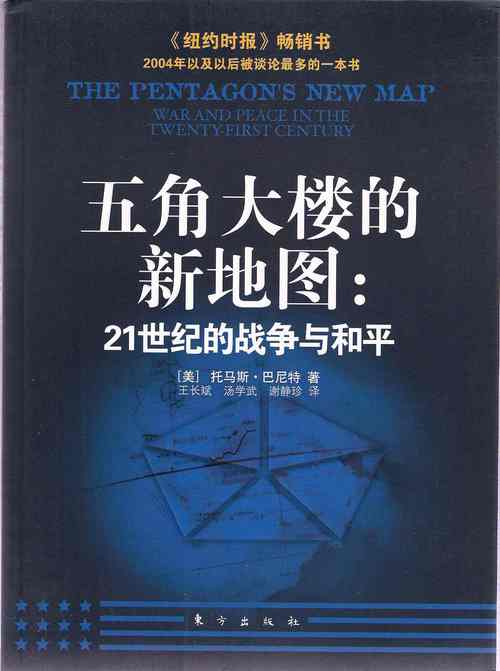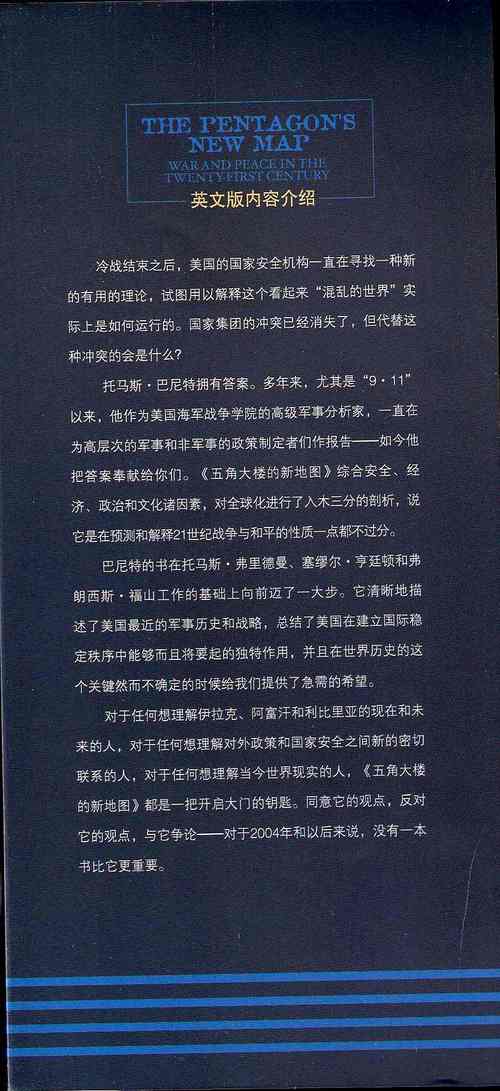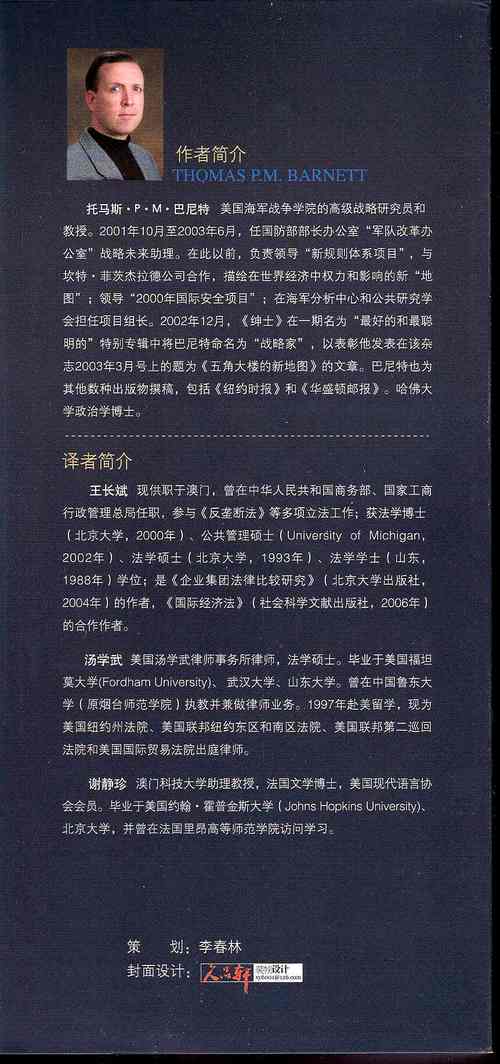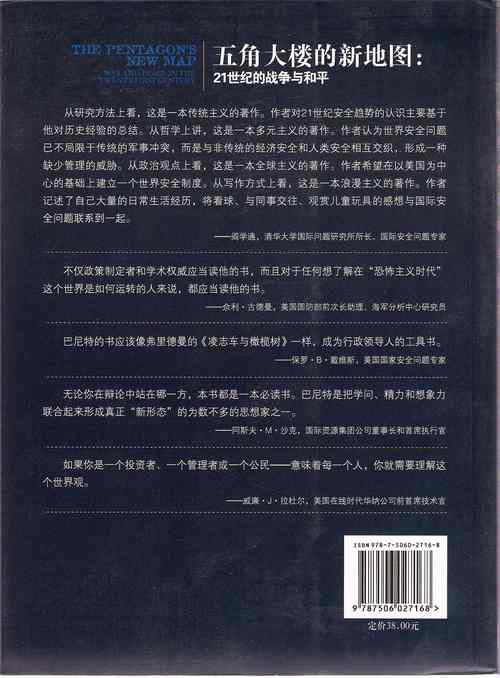ARTICLE: "Struggles of U.S. Economy Are Seen as Test of Asia's Resilience," by Keith Bradsher and Jeremy W. Peters, New York Times, 17 August 2007, p. C1.
SMALL BUSINESS: "Chinese Want to Cut Slice Going to U.S. Middlemen: Investing to Sell Directly in America," by James Flanigan, New York Times, 16 August 2007, p. C4.
ARTICLe: "China Is Becoming Chrysler's Test Track for Growth," by Gordon Fairclough, Wall Street Journal, 20 August 2007, p. A2.
This is one summer of pain for China's economic reputation: tainted foods, defective products, today a jet bursts into flames. Like any economy growing that fast, the Chinese cut more than a few corners, and quality control in general lags behind the drive to produce, produce, produce.
If caboose braking, as I call it, comes from within, then customer braking is largely a foreign influence, so long as your model of rapid growth is export-driven.
Actually, China's done pretty well to date, despite all these scandals of late. When I was a little kid, "Made in Japan" equated to junk, a poor reputation that Japan took a long time to erase.
By contrast, China's reputation has always been fairly decent since arriving on the scene: not spectacular but no standing assumption that it's a piece of crap. So this summer definitely feels like a comeuppance.
Beware the oversell here, though. Many will now start spouting instant conventional wisdom to the effect that China's economy is a danger to all it engages. In the American media, where a "summer of shark attacks" can come out of nowhere (only to disappear equally fast), you're either going up or going down. With countries like China, you're either going to rule the world or ruin it. There's never any in-between.
So it's important at a time like this to see the whole picture, which is getting harder for average Americans who--thanks to the media--now spout nonsense like "China owns America lock, stock and barrel" (I actually saw a viewer's email say this on CNN recently).
These three articles form a neat trifecta in this way.
Despite the current market dive in the U.S., the perception abroad is that the global economy is no longer so obviously dependent on the U.S. consumer's self-confidence, and China's a big part of that dynamic, with its domestic market set to become a global demand center all its own over the next decade. Instead of "coupling," we hear chief economists describe a global economy increasingly "de-coupled" from events in the U.S. That term is misleading, of course, but it speaks to shocks being less immediately delivered from one demand center to another.
The first story also talks about how construction-related companies in the U.S. increasingly look to Asia's massive infrastructure build-out as their main engine of global growth, a subject I return to time and again in my own analyses.
Meanwhile, Chinese business are looking to flow as downstream as possible, cutting out overseas middlemen who help keep Chinese manufacturers from receiving much more than 20% of the revenue from merchandise they export to our market. This is happening as they simultaneously seek to go as far upstream as possible, generating their own R&D more and more.
But most interesting to me right now is when American companies seek to insert themselves into all these emerging Chinese economic dynamics, almost as if they fear being left out of all that excitement and innovation and experimentation.
Our companies are right to fear being left on the sidelines, and nowhere do we see this impetus toward jumping into the fray more than in the automobile industry, where, as the third story reports:
China is becoming a critical test ground for newly private Chrysler LLC in its strategy to expand outside North America by licensing vehicle production, outsourcing manufacturing and building cars in joint ventures with local partners ...
Chrysler plans to learn from this and repeat the process elsewhere. Already, Chrysler plans to import Chery Automobile cars and sell them under its Dodge brand name.
Think about that for a minute. Daimler-Chrysler might not have worked, but who's saying Chery-Chrysler couldn't?
Again, my point is simply to remind everyone that although China's economy is suffering one nasty summer of consumer relations, it's not the dominant dynamic in a transformational pathway that encompasses change on almost too many fronts to count.
 Friday, August 24, 2007 at 5:22AM
Friday, August 24, 2007 at 5:22AM 













